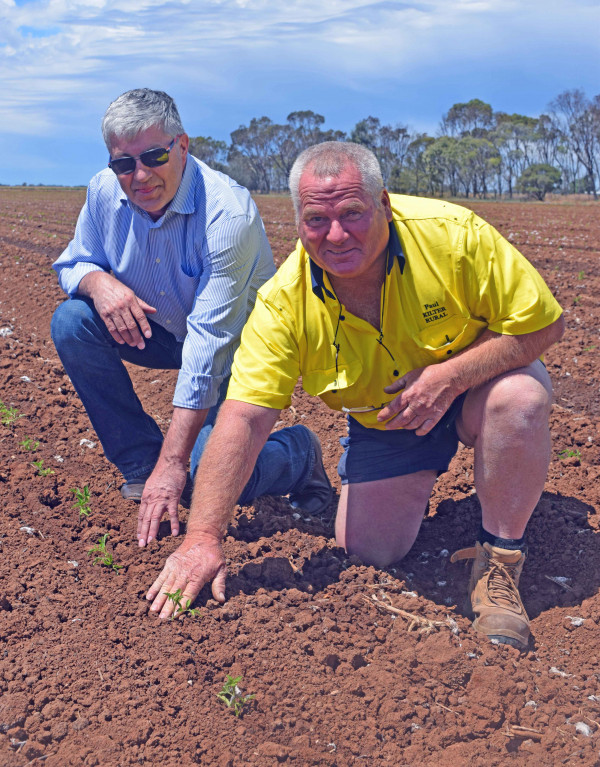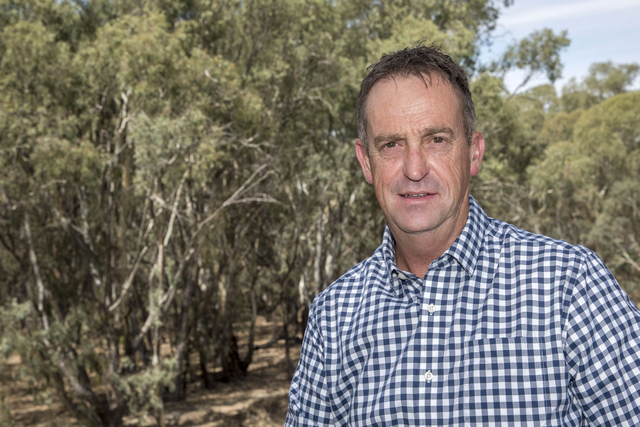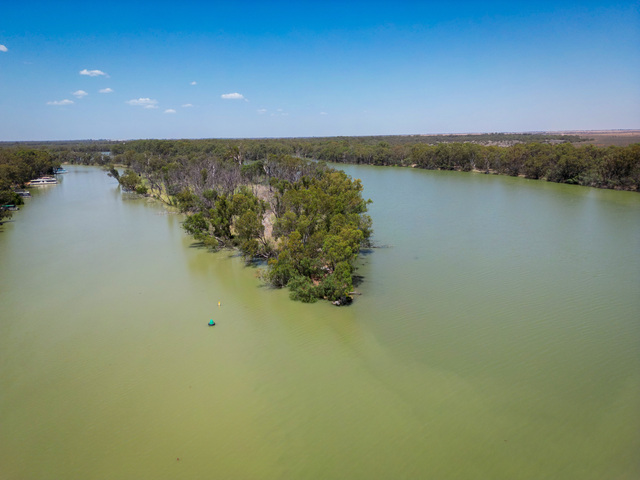
IT was just over six years ago when a vast tract of farmland around Benjeroop was devastated by major flooding.
The worst flood in a century marginalised a lot of previously quality pasture, but new crop is breathing new life into this part of the lower Loddon River catchment.
An entrepreneurial approach to farming involved the successful return of cotton and now a crop rotation has led to the planting of tomatoes.
The new crop has been planted as part of a diversified cropping program adopted by Kilter Rural on behalf of superannuation fund, VicSuper, and replaces the cotton crops which were there the year before.
VicSuper has invested $200 million in a water and land program in this region.
Bendigo-based Kilter Rural is a specialist manager, dedicated to investment in Australian real assets of farmland, water and ecosystem services. The economic fundamentals of investing in these assets are underpinned by demand and supply of food and fibre to a growing world population.
This crop is the last 100 hectares of a total of 415 hectares of tomato crops that Kilter Rural has planted, and will be harvested in late January to early March.
Kilter Rural farmland and ecosystems general manager, Michael Neville said that the produce is destined for the Echuca tomatoes processor, Kagome.
“It will be part of a total 250,000 tonnes of tomato from us and from others, which will become diced tomato product and tomato paste,” he said.
This is the fourth year that Kilter Rural has been growing tomatoes in the region, beginning with a 65-hectare plantation and growing it to 415 hectares.
Mr Neville said that the company had managed to reduce the length of time needed to transplant the tomatoes.
“It took 10 day for transplanting to occur, but we have reduced that to two because of better planting techniques,” he said.
The total area of irrigated crops managed by Kilter Rural is 3000 hectares, which includes organic wheat and soybean.
Mr Neville said that there are plans to increase that number.
“We are aiming to have 4500 hectares of irrigated crops by Spring of 2019,” he said.
















